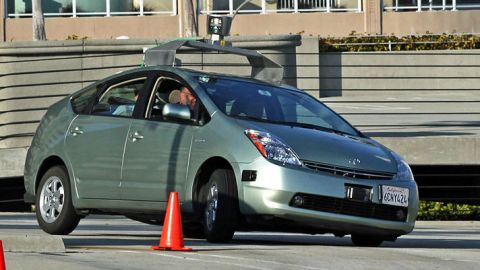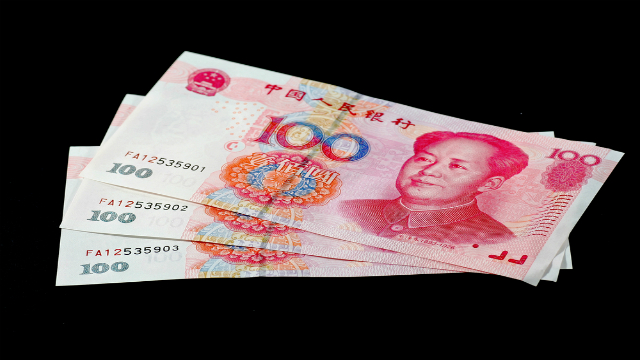The Future Of Energy and Public Good: There’s No One-Size-Fits-All Solution

What is the Big Idea?
The energy crisis is one of the greatest economic and social problems of our time. How can greenhouse gas emissions be reduced at a time when developing nations are increasing consumption? How can development of alternative fuels be encouraged to ease dependence on oil and gas?
Robert Topel, labor economics professor at the University of Chicago Booth School of Business, moderated a discussion at the school’s 60th Annual Management Conference with two industry experts who argued that fossil fuels won’t be replaced anytime soon.
While there is no one-size-fits-all solution, Professor Topel, in the video below, explains how once you solve the problem of energy consumption, “other things fall into place.”
Robert Topel, labor economics professor at the University of Chicago Booth School of Business, moderated a discussion at the school’s 60th Annual Management Conference in which industry experts explored solutions such as alternative fuels and transportation technologies that help reduce greenhouse emissions.
While there is no one-size-fits-all solution, Professor Topel, in the video below, explains how once you solve the problem of energy consumption, “other things fall into place.”
What is the Significance?
The energy crisis is further compounded by emerging economies demanding more energy. And yet, Topel says this is a double-edged sword. After all, increased demand in emerging markets is a sign of progress and social mobility.
“If a country grows in terms of its income per capita, then its per capital consumption of energy is going to grow,” Topel said. “The growth of China and India is going to make oil and energy sources a bit more expensive for us, but the good side that is millions of people are finding their way out of poverty.”
Global demand for energy will impact all of us. In fact, according to panelist Michael K. Wirth, executive vice president of downstream and chemicals at Chevron Corp, demand will rise 40 percent higher as 2 billion people in developing countries are on their way to middle class status. This means the urgency for innovation in transportation is greater than ever.
Innovations such as Google’s driverless car are potential game changers because they allow us to accommodate a lot more drivers with the same roads and infrastructure.
“That kind of thing has important economic implications,” Topel said.
And yet, as we’ve noted, there is no one-size-fits-all solution for the world’s energy problems. Solutions such as carbon pricing, taxing carbon dioxide emission or expanding the trading of emissions credits, require what Topel calls “homogenized policies” in order to be effective.
“The atmosphere doesn’t care what part of the planet a ton of carbon came from,” he said. “So unless China wants to go along with us — and we have to ask ourselves why China would want to go along with us — then a unilateral policy of raising prices in order to achieve something for climate change is not going to be very effective.
Photo courtesy of Wikimedia.





